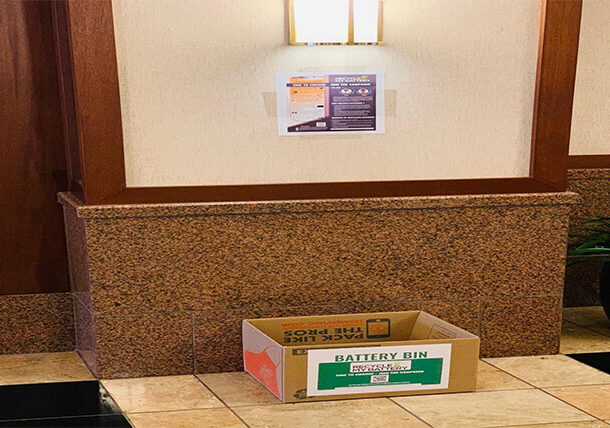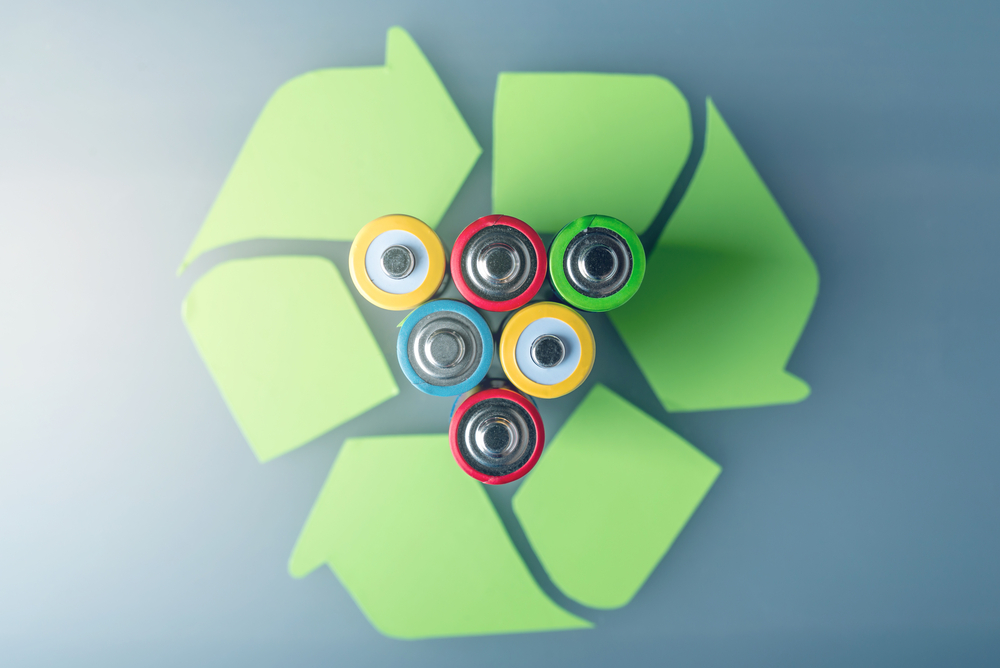

Batteries are a routine part of modern life, but despite their ubiquity, it’s not always clear what to do with them when they get used up or stop holding a charge. You may have come across conflicting information, but according to experts, the advice is simple: When you’re done with a battery, you should recycle it.
“Whether it’s your standard alkaline AA battery, a rechargeable cell phone battery, or the battery from your car, you should treat it with care by using safe storage and disposal methods,” says James Dickerson, Ph.D., Consumer Reports’ chief scientific officer.
Most batteries—regardless of type—contain toxic chemicals. Think cadmium, lead, lithium, or sulfuric acid. If your old batteries end up in a landfill, pollutants like these can leak out into the environment and contaminate groundwater, damage fragile ecosystems, and even make their way into the food chain.
If batteries aren’t disposed of properly, there’s also a possibility they could short circuit, overheat, and cause a fire. And depending on where you live and the battery in question, it may be illegal to put one in the trash altogether.
The good news, according to Carl Smith, CEO and president of Call2Recycle, a leading battery stewardship program, is that most Americans live within a short drive of a collection point that will take the batteries that post the greatest risk. Earth Day is a great opportunity to reflect on your environmental footprint and take steps to build new habits that will lessen your impact throughout the year. Adding batteries to the list of products you recycle is a great way to do that.


© copyright 2022 by Recycle My Battery